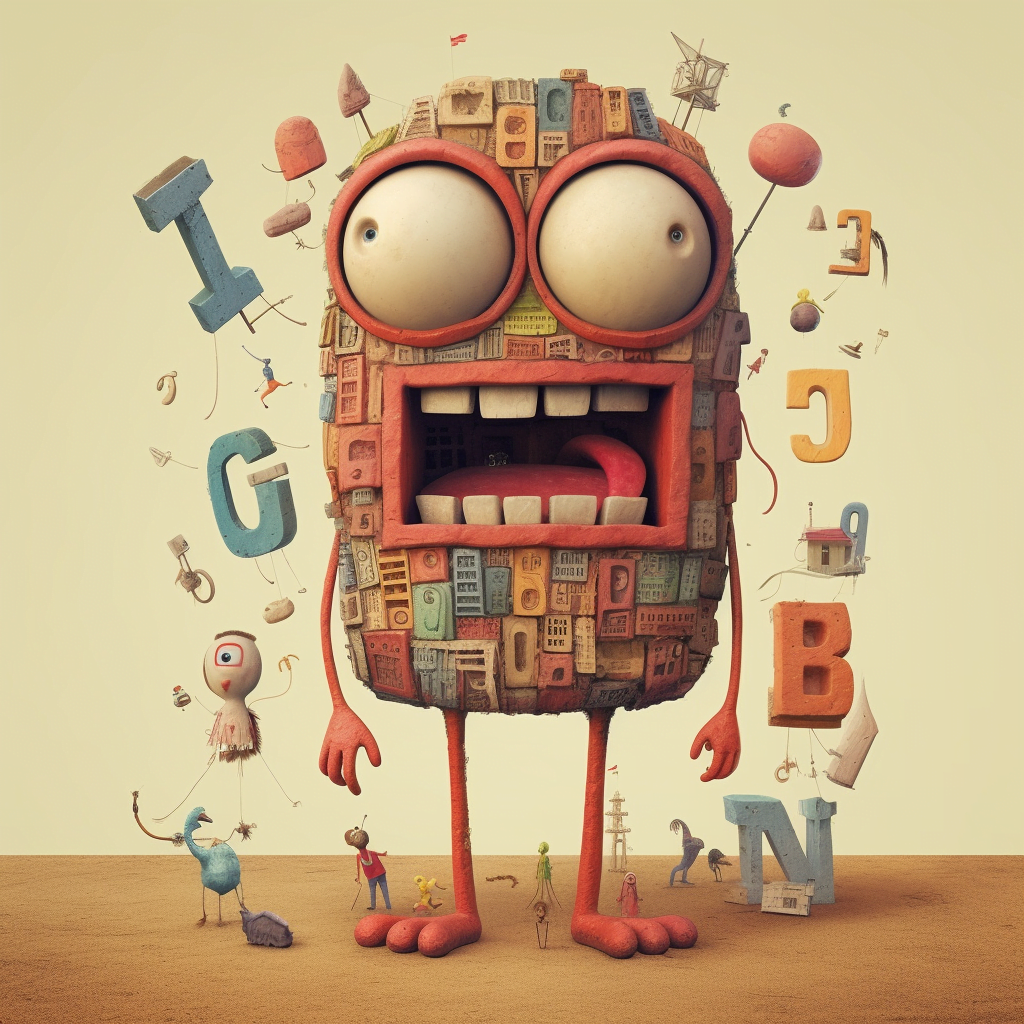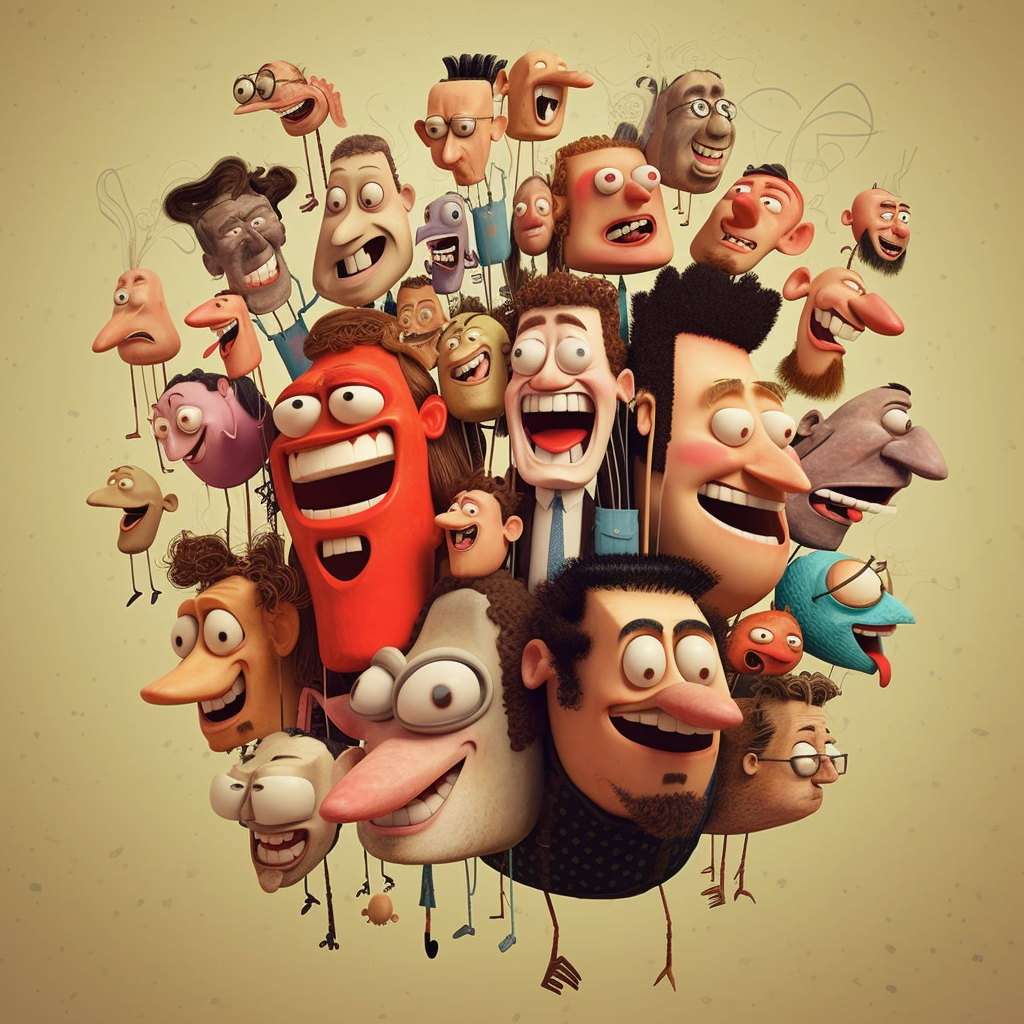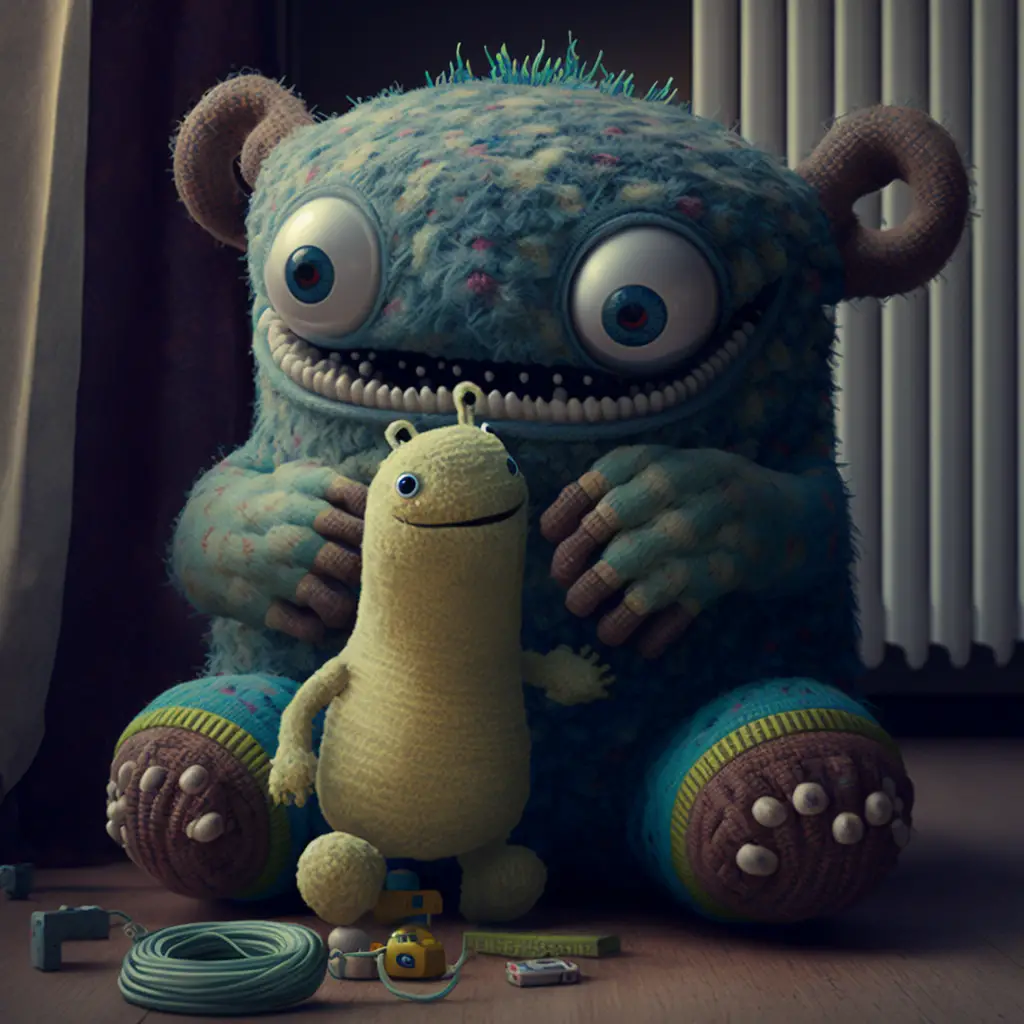
Ever be quietly sitting in a cafe reading your favorite book and you come across a random word that just makes you laugh out loud? Well, there’s a science behind why you did that!
The complex nature of humor has long been a point of interest for psychologists and linguists. Among the scholars in the field, Chris Westbury, a psychologist from the University of Alberta, has made significant strides in classifying humor into three distinct theories.
He lays out his theories in a recent study published in the Journal of Memory and Language.
The first, the superiority theory, rests on the premise that humor often derives from light-hearted derision or mockery. This concept comes to life in playful name-calling or jesting insults. For instance, when a friend slips on a banana peel, the resulting laughter might be an unconscious expression of feeling momentarily superior.
The second theory, known as the incongruity theory, attributes the cause of laughter to elements of surprise or the unexpected in situations or words. A prime example would be a punchline that subverts our expectations in a joke, such as the classic, “Why don’t scientists trust atoms?” followed by “Because they make up everything!”
The third, and perhaps the most nuanced, is the juxtaposition theory. It underlines the humorous value that exists in human actions and the laughter that ensues when these actions deviate from norms or expectations. A great example would be slapstick comedy, where physical exaggeration and absurd situations—like a petite person lifting a hefty weight—ignite our laughter.
Want a huge list of the 250 funniest words in English?
The Funniest Words in the English Language
Based on Dr. Westbury’s research, certain words tend to tickle our funny bone more than others. These words often belong to categories like sex, bodily functions, insults, partying, and animals.
But what makes these words amusing? The explanation lies in the combined impact of semantic and information predictors.
Dr. Westbury’s research points to certain words that tend to tickle our funny bone more than others. These words often fall into categories like sex, bodily functions, insults, partying, and animals. They are not inherently amusing, but become so due to specific characteristics that resonate with our sense of humor.
For instance, words like “gobbledygook”, “flibbertigibbet”, “poppycock”, and “lollygag” might elicit chuckles due to their oddity and whimsical sounds. The emotional response evoked by these words (semantic predictors) and their unusual structure (information predictors) work in tandem to trigger our laughter.
Laughter Derived from Made-Up Words
The realm of humor isn’t limited to existing words. Made-up words, which lean towards the absurd and slightly outlandish, often incite bouts of laughter. A word like “flibberjibber”, which doesn’t have any assigned meaning, could still make people laugh due to its unexpected sounds and rhythm.
This phenomenon is a perfect example of the incongruity theory, where the unexpected or unusual nature of a word makes it amusing. This extends to gibberish or nonsensical words, which create a comedic effect by disrupting our linguistic expectations.
Humor’s evolutionary roots further explain our inclination to laugh at these odd or funny words.
Laughter may have served as a signaling mechanism in early humans to denote surprises that were not threats, suggesting that our ancestors used laughter to navigate their social and environmental realities. Thus, our predilection for absurd words might be an evolutionary hangover from times when unexpected non-threatening stimuli elicited shared laughter.
Want to know more about why we laugh?
The Power of Shared Laughter
Laughter does more than merely manifest as a physiological response to humor—it also plays a pivotal role in social settings. Shared laughter, prompted by amusing words, generates a sense of camaraderie and bonding among individuals.
Let’s imagine a group of friends sharing a hearty laugh over the absurdity of a word like “flapdoodle”. This shared amusement underscores a common understanding and sense of comfort within the group. It alleviates any tension and fosters a non-threatening environment. This social aspect of laughter nurtures interpersonal connections and enhances group cohesion, making laughter a powerful social glue.
Laughter as a Healing Force
The healing power of laughter extends beyond the realm of psychology. Physiologically, laughter triggers the release of endorphins—the body’s natural feel-good hormones. It’s no surprise that laughter therapy is gaining traction as a form of stress relief and emotional healing.
When people laugh at words, regardless of how silly they may seem, it initiates a domino effect of health benefits. Laughter lowers stress hormones, bolsters mood, and enhances the immune system.
So, when we chuckle at words like “gigglemug” or “fuddy-duddy”, we’re not just indulging in linguistic absurdity—we’re also contributing to our overall well-being. This intersection of laughter and health accentuates the integral role humor plays in our lives—bridging the gap between physiology and the joy of living.
The Underlying Science of Amusement
So the next time you find yourself chuckling at a funny-sounding word, bear in mind the intricate science that’s working behind the scenes of your amusement. The laughter derived from words, whether real or made up, is a fascinating output of various psychological and evolutionary mechanisms at work.
It’s not just about the instant joy; it’s about the shared experiences, the social bonds, and the positive impact on our health and well-being. This deeper appreciation of humor allows us to marvel at the scientific marvel behind our seemingly simple chuckles.




